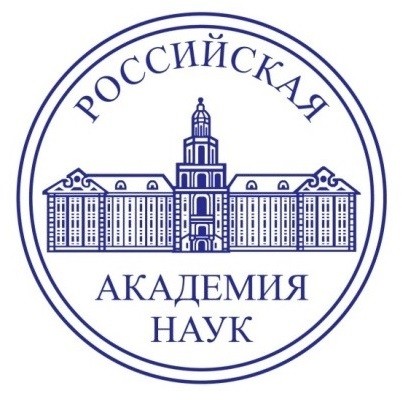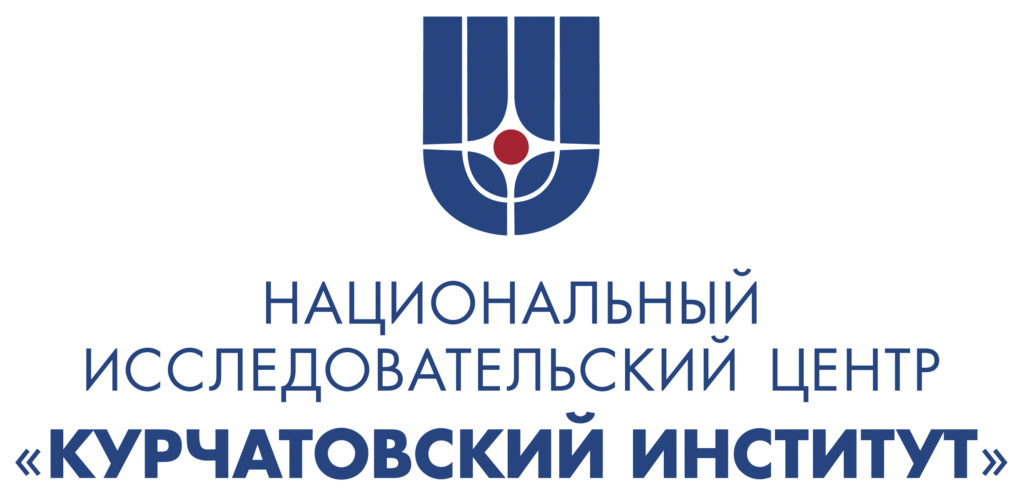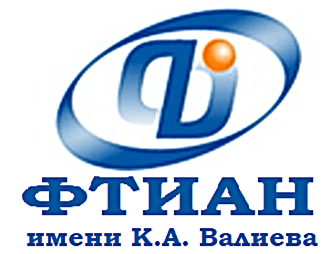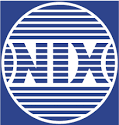Programme of ICMNE-2016 is available (pdf)
General information
The International Conference “Micro- and Nanoelectronics – 2016” (ICMNE-2016) including the extended Session “Quantum Informatics” (QI-2016) will be held on October 3-7, 2016 at the “Ershovo” resort in Zvenigorod, Moscow Region, Russia. It continues the series of the All-Russian Conferences “MNE-1999”, “MNE-2001”, “QI-2002” and the International Conferences “ICMNE-2003”, “QI-2004”, “ICMNE-2005”, “QI-2005”, “ICMNE-2007”, “QI-2007”, “ICMNE-2009”, “QI-2009”, “ICMNE-2012”, “QI-2012″,”ICMNE-2014”, and “QI-2014.
ICMNE is the biannual event which is dedicated to the physics of integrated micro- and nanoelectronic devices and related micro- and nanotechnologies. ICMNE-2016 will be focused on recent progress in those areas. The Conference will include the exhibition of equipment for micro- and nanoelectronics.
Scope:
Materials and films for micro- and nanoelectronic structures:
- Si, SOI, DOI, SiGe, A3B5, A2B6
- High-k dielectrics, low-k dielectrics
- Metals for gate stacks, contact systems, and metallization for nanoscale devices
- Magnetic materials, nanomagnetics
- 1D and 2D materials
- Materials for optoelectronics and photovoltaic, metamaterials
Physics of micro- and nanodevices:
- More Moore, beyond CMOS, and more than Moore trends
- Nanoscale transistors: CMOS FET, TFET, SET, molecular transistors, and others
- Integrated memory devices, DRAM, ReRAM, FeRAM
- Magnetic micro- and nanostructures, spintronic devices
- Superconducting micro- and nanodevices and structures
- Devices of optoelectronics, photonics
- Micro- and nanoelectromechanical systems (MEMS, NEMS)
- Simulation and modeling
Technologies and advanced equipment for micro- and nanodevices and ICs:
- Sub-65 nm lithography: DUV, immersion, EUV, electron and ion lithography, nanoimprint
- Front-End of Line (FEOL) processes in ULSI’s technology
- Back-End of Line (BEOL) processes in ULSI’s technology
- Technologies for 2D materials (graphene, MoS2, WS2, etc.)
- Technologies for 1D structures (nanowires, nanotubes)
- Technologies for MEMS and NEMS
- Technologies for superconducting devices
Metrology:
- In situ processes monitoring
- Inspections, metrology, and characterization of micro- and nanostructures
Quantum informatics:
- Quantum computers: theory and experiments
- Quantum measurements
- Quantum algorithms
- Quantum communications
Organizers and Sponsors:
- Institute of Physics and Technology of the RAS, Moscow, Russia
- JSC Molecular Electronics Research Institute, Zelenograd, Russia
- Russian Foundation for Basic Research, Russia
- Russian Academy of Sciences (RAS), Division of Nano- and Information Technologies, Russia
- Scientific Council of the RAS on Physical and Chemical Fundamentals of Semiconductor Materials Science, Russia
- SPIE – The International Society for Optical Engineering, USA – the publisher of the Conference proceedings
- Institute of Semiconductor Physics of the RAS, Novosibirsk, Russia
- Lomonosov Moscow State University, Moscow, Russia
- Yaroslavl Demidov State University, Yaroslavl, Russia
- TechoInfo, Ltd., Wembley, UK
- NIX Company, Moscow, Russia
- SemiTEq JSC, St. Peterburg, Russia
Language:
The working language of ICMNE-2016 is English.
Abstracts Submission:
Contributions to the Conference are welcome from the academic community, universities, as well as from the R&D divisions of the industry. The Program Committee will give preference to the papers which contain the results of recent original works consistent with the Conference scope. The abstracts should be written in clear and concise English.
The Conference program will be comprised of invited and contributed papers. The contributed papers will be reviewed by the members of the Program Committee on the basis of submitted abstracts for their being in theme with the Conference, and for their scientific quality. The Program Committee will determine the session (oral or poster) on which the corresponding paper will be presented. Author’s preferences will also be taken into consideration.
You can download the single-page abstract template (Microsoft Word file). Please, submit the files with abstracts to the ICMNE-2016 Local Organizing Committee at the address icmne2016@gmail.com. Deadline for abstracts submission is August 1, 2016.
The Book of Abstracts of the accepted papers will be compiled before the conference opening.
Taking into account the wish of potential participants of the Conference, the Organizing Committee has decided to shift the deadline for abstracts submission to August 10, 2016.
Proceedings:
The Proceedings of ICMNE-2016 are published in the SPIE Digital Library along with over 400,000 papers from other outstanding conferences and SPIE Journals and books from SPIE Press.
SPIE will publish the full-text papers in a separate volume of the Proceedings of SPIE dedicated to ICMNE-2016 after the Conference termination. According the rules of SPIE the full-text papers can be published in the Conference proceedings only if the corresponding oral talks or posters were presented by the authors at the Conference.
The authors should prepare manuscripts of the full-text papers according to the rules of the SPIE Proceedings (see the Downloads section) and submit it by the Author Submission & Chair Review System service. The manuscripts should be written in clear and concise English. The paper length should be in the range of 4-12 pages.
The full-text manuscripts should be sent to SPIE by November 8, 2016. Authors should also transfer the electronic copy of manuscripts and the filled Copyrights Forms to the ICMNE-2016 Local Organizing Committee. Otherwise the manuscript will be rejected.
The papers not presented and discussed at ICMNE-2016 will not be published in the Proceedings.
Now you can download Book of Abstracts.
Information for Speakers
Working language
The working language of the conference is English.
Oral presentations
A laptop with a multimedia projector as well as an overhead apparatus will be available for the oral presentations. The CDs or USB-flash memory units are recommended as file carriers. The recommended formats of presentation are *.ppt (Microsoft Power Point) or *.pdf (Adobe Acrobat). To avoid any problems with compatibility, use the PDF format for your presentation.
Posters
The poster size should not exceed 120 cm x 120 cm. There will be pins to fasten the poster’s sheets.






